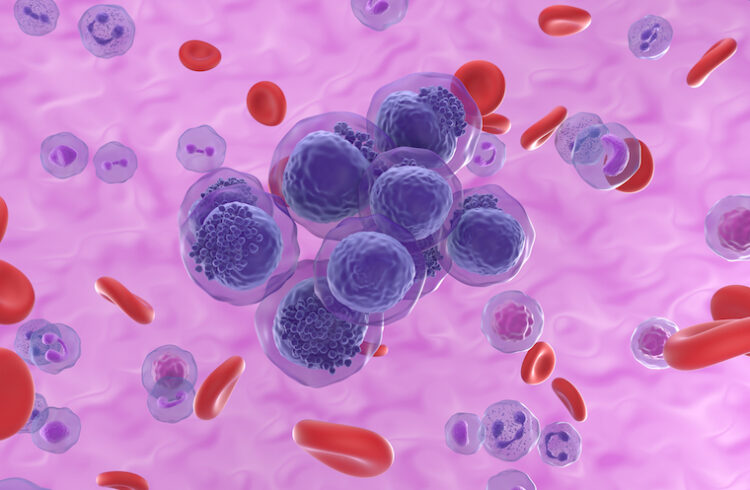
A new study from UVA Cancer Center found that adding a measurement of breast density better predicts women’s risk for breast cancer. Including breast density as part of risk models for breast cancer could support the development of a personalized risk model to recommend how often a woman should have a mammogram based on her unique risk factors.
The study, “Volumetric Breast Density Improves Breast Cancer Risk Prediction,” was presented during the 2014 San Antonio Breast Cancer Symposium.
“There is increasing interest in implementing personalized breast cancer screening strategies instead of guidelines based on a woman’s age. However, most risk models do not include breast density, which is an important indicator of a woman’s breast cancer risk,” said Jennifer Harvey, MD , professor of radiology at the UVA School of Medicine. “Our aim was to develop a breast cancer risk model that includes a measurement of breast density with other known risk factors to improve risk prediction and give women personalized knowledge to make decisions about screening and their breast health.”
The study evaluated the association between risk factors and breast cancer diagnosis based on more than 3,400 women who received digital mammograms at UVA, including women diagnosed with breast cancer and women not diagnosed with breast cancer between 2003 and 2013. Breast density for each woman in the study was calculated using an automated software program; additional risk factor information was self-reported by study participants through an online questionnaire.
“Our current ability to accurately predict an individual woman’s risk of developing breast cancer is very limited, which is why we mostly recommend the same screening for everyone,” said Harvey. The results of this study show that adding breast density significantly improves the accuracy of the breast cancer risk model, which is critical if screening recommendations are to be individualized. The automated measurement of breast density proved to be one of the top five predictors of breast cancer risk in the study population.
These results are consistent with other studies recently published in Breast Cancer Research , Journal of the National Cancer Institute (JNCI) and Cancer Epidemiology, Biomarkers & Prevention that showed strong associations of volumetric density to breast cancer risk.
The study was performed in collaboration with Sunnybrook Health Sciences Centre in Toronto, and the NorthShore University HealthSystem Research Institute in Evanston, Illinois. It is authored by Jennifer Harvey, George Stukenborg, Wendy Cohn, Kathy Repich, Olivier Alonzo, Wendy Novicoff, Martin Yaffe and William Knaus.
About UVA Cancer Center
UVA Cancer Center is accredited by the Commission on Cancer and is one of 68 National Cancer Institute (NCI) designated cancer centers in the U.S. for its work in cancer research, prevention, detection and treatment. UVA Cancer Center provides comprehensive, world-class cancer treatment in an environment of caring for patients across Virginia, led by doctors who have been honored by publications such as Best Doctors in America® and America’s Top Doctors®.



